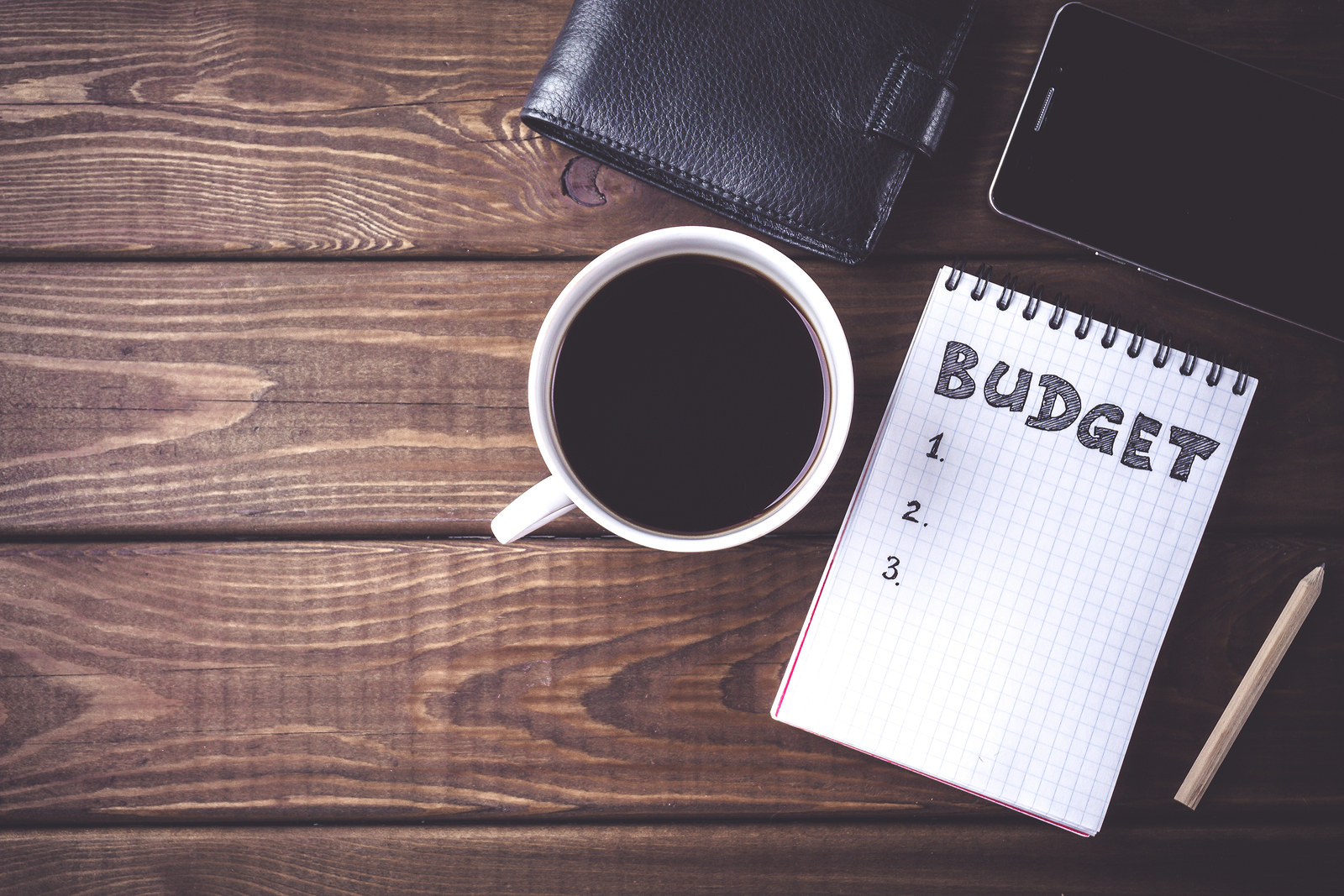Things to do during lockdown – Part four

Things to do during lockdown – Part 4
These are uncertain times during which the UK Government has introduced a number of schemes, while advising its citizens to remain at home in order, stay safe and protect our vital National Health Service. If you find yourself with some available downtime during this period, it may be a worthwhile exercise to put your basic financial planning “house in order” with the help of our simple checklist.
Budgeting
With all this extra time on our hands, now could be a good time to go through the rather boring (and sometimes frightening) exercise of seeing what you normally spend. This may be especially important if you are currently facing a cut in pay or income as a result of the pandemic. While in lockdown you are likely to save costs on some expenses, such as parking, petrol, train fare, coffees, eating out and entertainment.
You may also have been able to put certain monthly subscriptions on hold such as gym memberships. As such, a good start point would be to review your expenditure prior to lockdown to determine how much is available in disposable income to start a new savings arrangement, make gifts out of income to a loved one or, to your chosen charity.
In Case of Emergency (ICE) document
Do your family members know where all your important documents are held, who your financial adviser, investment manager, accountant or solicitor is, and do they have their contact details? Has one member of the family historically controlled all the family finances? Now would be a good time to put all the important information into one document, including the location of your will, and anything else you think would be relevant if something were to happen to you.
Government Schemes to deal with impact of COVID-19
Last but certainly not least, the UK Government has announced a raft of measures and schemes over the last few weeks to ease the financial pain and uncertainty that the current crisis, and subsequent lockdown, is causing to the majority of the population.
Some of the measures and schemes are outlined below:
- Coronavirus job retention scheme – which will reimburse an employer up to 80% of a furloughed employee’s salary capped at £2,500 per month.
- Self-employed Income Support Scheme – the Government has also introduced a scheme for the self-employed with trading profits of £50,000 or less. Taxable grants worth 80% of average monthly profits, up to a maximum of £2,500 a month is available.
- £10,000 grant for small businesses that qualify for small business rates relief or rural rates relief. £25,000 grant for businesses in the hospitality sector with rateable value between £15,000 and £51,000.
- Business interruption loans of up to £5 million available to small and medium businesses from 23 March 2020 for up to £5 million interest free for 12 months.
- Business Rates – holiday payment for businesses in hospitality, leisure and retail and estate agencies.
- Payment on account – self assessment payment due on 31 July 2020 now deferred until 31 January 2021 free of interest or late payment penalties.
- For those in difficulty due to the impact of the pandemic, mortgage lenders will offer a three-month mortgage holiday.
- Also, renters have received some help with emergency legislation suspending new evictions from social and private rented accommodation during the period of national emergency. Mortgage holidays are also available for private landlords.
- Businesses will not be liable to VAT payments during the period 30 March and 30 June 2020. VAT refunds and reclaims will be paid by the Government as normal.
- Time to pay scheme – provides the ability to agree payment of tax in instalments, free of interest.
If you need some support with your financial planning, please do not hesitate to contact us.


